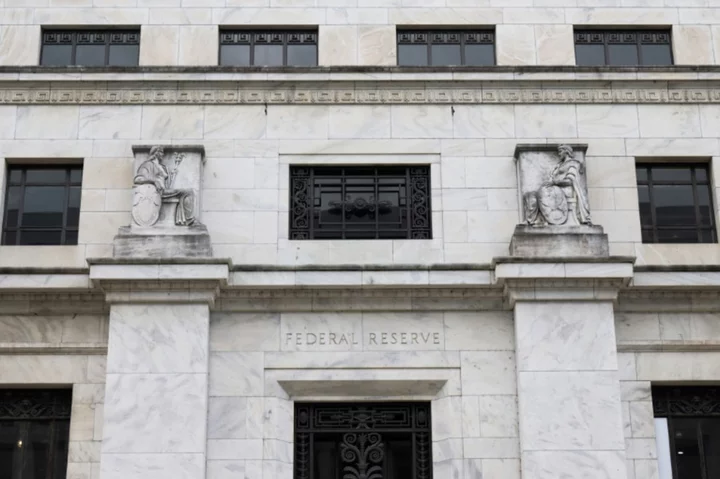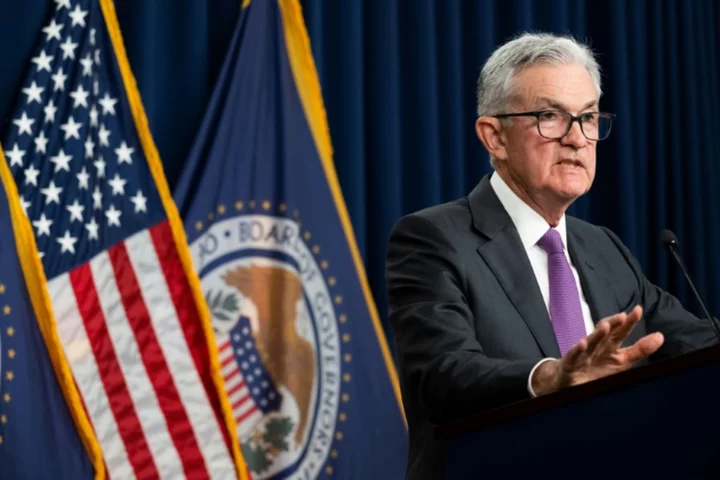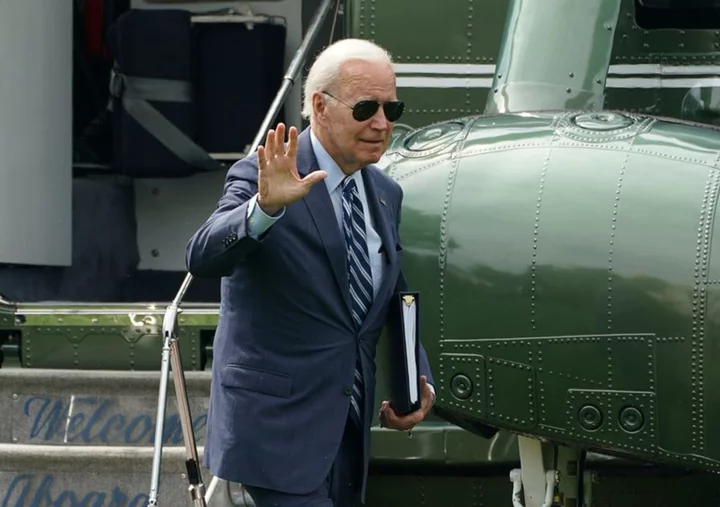The US Federal Reserve is making good progress in its fight against inflation, senior bank officials said Tuesday, while voicing differing opinions on the chances of another interest rate hike.
The central bank recently voted to hold its key lending rate at a 22-year high, lifting expectations that it is done hiking interest rates as it seeks to bring inflation down firmly to its long-term target of two percent.
But while Fed officials have welcomed the rapid decline in inflation from last year's post-pandemic high, they remain split on the best course of action going forward.
A number of policymakers, including Fed Chair Jerome Powell, have indicated that they are prepared to hike rates again, if necessary, to bring price increases firmly down to target.
"I am encouraged by what we have learned in the past few weeks -- something appears to be giving, and it's the pace of the economy," Fed Governor Christopher Waller told a conference in Washington.
Economic data from October "are consistent with the kind of moderating demand and easing price pressure that will help move inflation back to two percent," he added.
The strong economic growth of the first three quarters of the year appears to be slowing in the final quarter of 2023, Waller said, pointing to a decline in interest rate-sensitive retail sales spending for October.
Meanwhile, inflation has moved "in the right direction in October, albeit gradually," and the tight job market is showing some signs of cooling, he added.
Speaking shortly after Waller, fellow Fed Governor Michelle Bowman told a conference in Utah that there had been "significant progress on bringing inflation down, so far without impairing the strength of the labor market and economic activity."
In prepared remarks, Bowman said she still expects the Fed will need to raise its benchmark lending rate again in order to keep policy sufficiently restrictive and return inflation to two percent "in a timely way."
She qualified her remarks by saying she would be willing to back another hike if "the incoming data indicate that progress on inflation has stalled or is insufficient."
This suggests a willingness to hold rates steady if the incoming data continues to align with the Fed's goals.
Futures traders currently assign a probability of around 96 percent that the Fed will vote to hold interest rates steady on December 13, according to CME Group data.
da/nro









